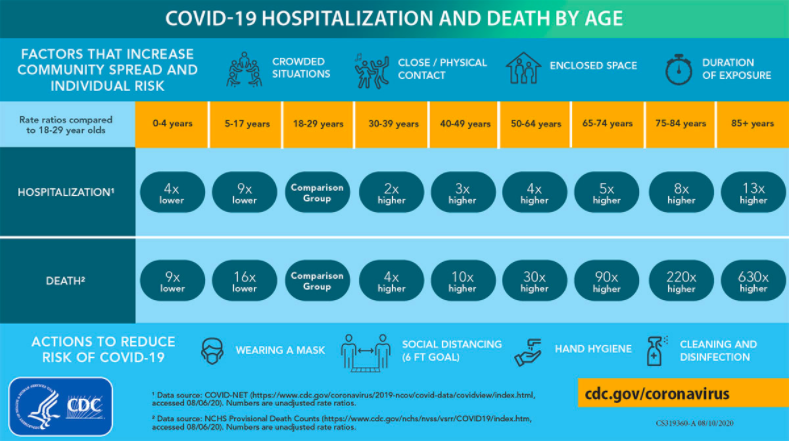
Unvaccinated people can fairly safely spend time with fully vaccinated friends unmasked & indoors. It’s a relatively safe way to make the pandemic more bearable for all of us while keeping cases down. My piece in the @nytimes @nytopinion explains. 1/8
nytimes.com/2021/04/16/opi…
nytimes.com/2021/04/16/opi…
Data from the @CDCgov shows vaccines not only protect against severe illness, but also greatly reduce the risk of mild and asymptomatic cases, so they help prevent overall transmission too. Vaccinated people can get infected, but it is rare. 2/8
cdc.gov/mmwr/volumes/7…
cdc.gov/mmwr/volumes/7…
Spending time with a fully vaccinated person unmasked & indoors is far safer than the same contact with another unvaccinated person. This strategy is in line with @CDCgov guidelines that made the unmasked reunions of vaccinated grandparents with their grandchildren possible. 3/8
The key is that fully vaccinated people should visit with only 1 unvaccinated household at a time so that unvaccinated people from 2+ households don’t come into contact. Just like quarantine bubbles but where vaccinated people can interact with several different bubbles. 4/8
It helps keep cases down too. Vaccinated people are unlikely to contract #COVID19, so they slow transmission. Unvaccinated people who mostly spend time with vaccinated contacts therefore have a very low chance of getting infected and pose an even smaller risk of spreading it. 5/8
Rising vaccination rates allow both vaccinated and unvaccinated people to reap the benefits of social contact by gradually expanding their social contacts in a way that keeps COVID19 risk to a minimum. 6/8
If people too quickly expand the number of vaccinated people they spend time with, there is a small possibility it could lead to a minor uptick in cases. But even in this worst-case scenario, cases won’t spread very far because vaccinated contacts are unlikely to get infected.7/8
This strategy is based on the same principle as herd immunity. Vaccinated people provide protection to the unvaccinated by helping reduce transmission. It allows us all to return to normal activities and eases the burden of the pandemic even before everyone is vaccinated. 8/8
• • •
Missing some Tweet in this thread? You can try to
force a refresh





